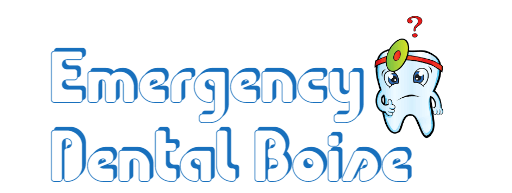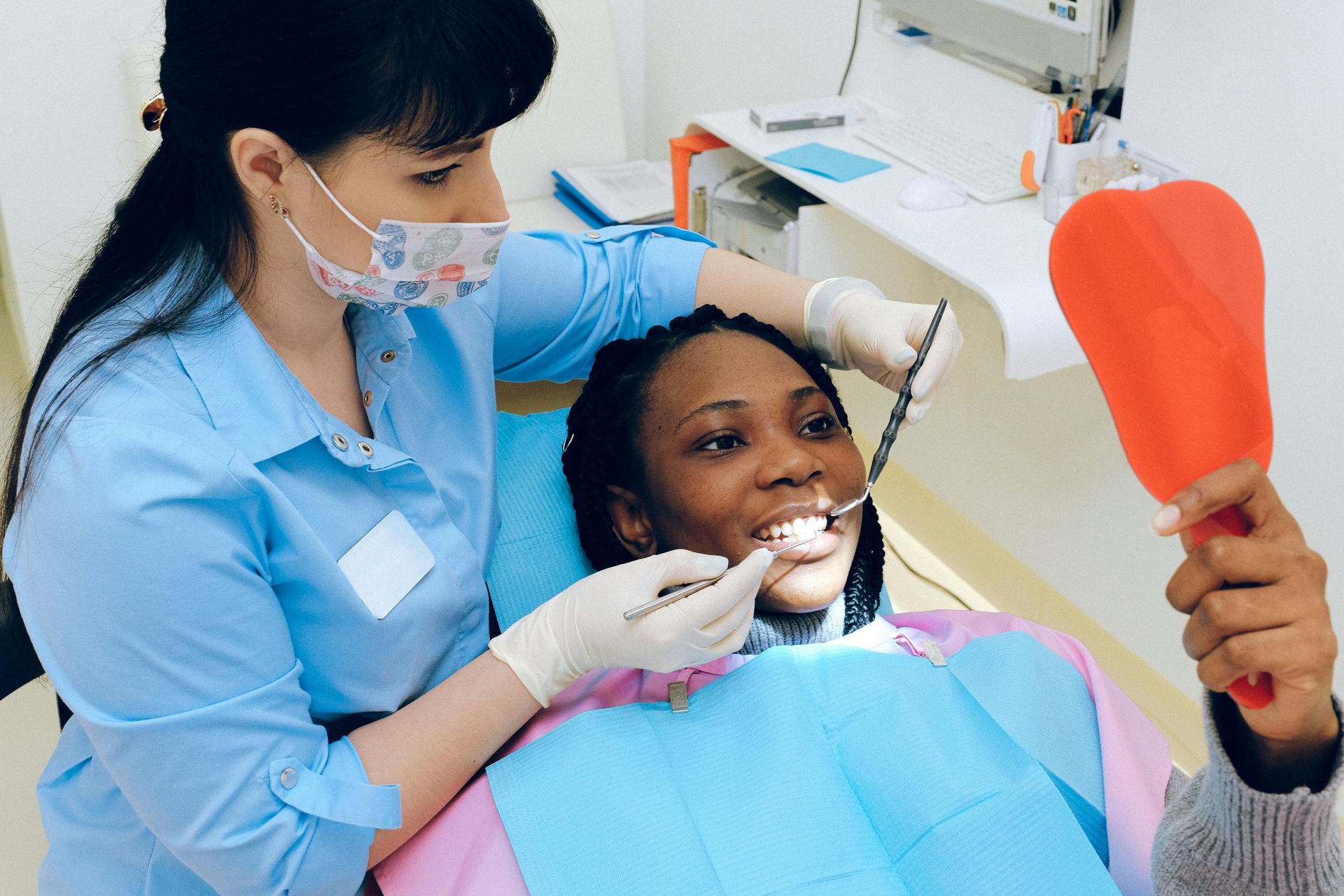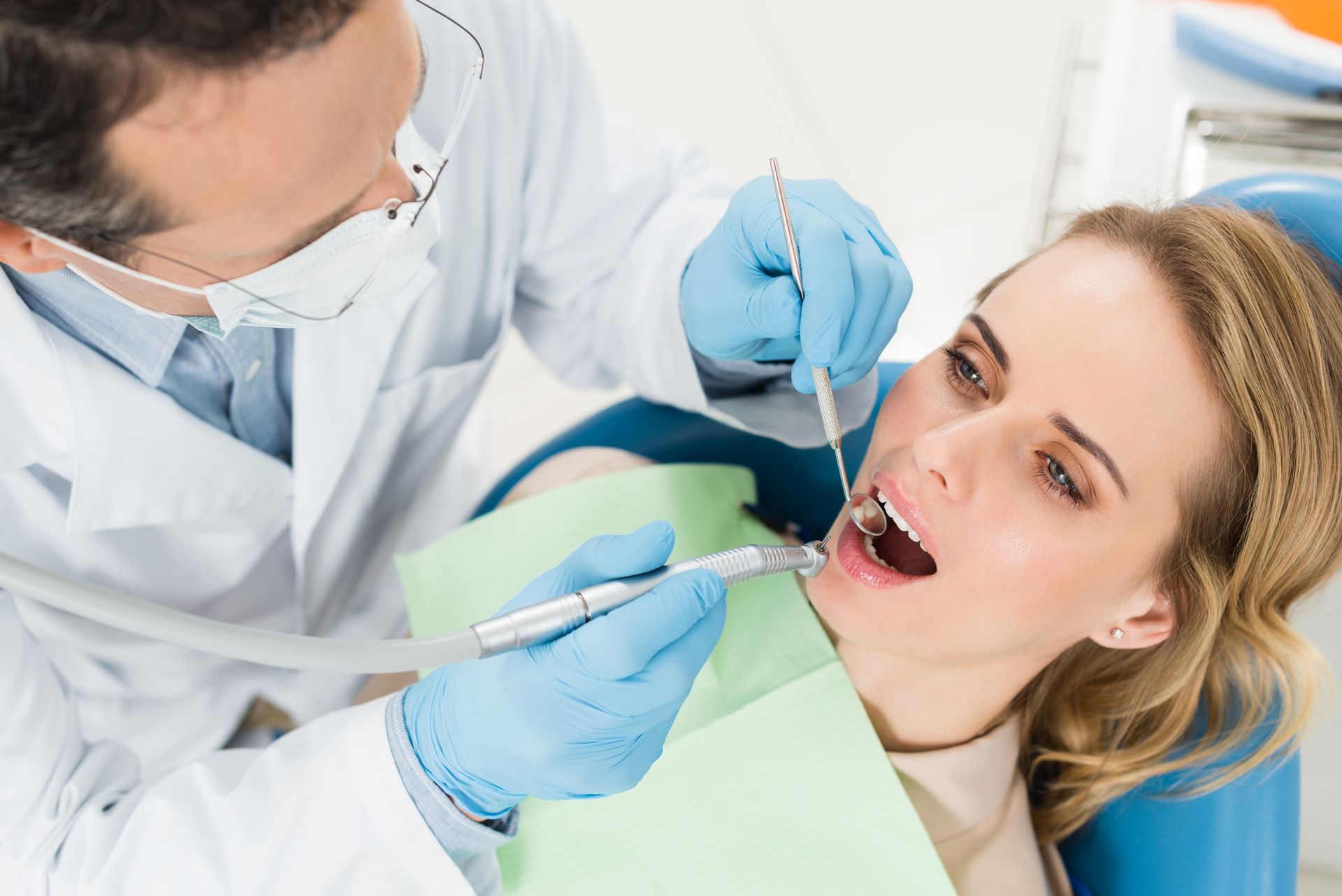How Poor Dental Health Can Affect Your Overall Health | Emergency Dentist Boise
Don't Ignore Your Dental Health: Emergency Dentist Of Boise Explains The Potentially Devastating Consequences of Neglect
Poor dental health is an issue that affects people of all ages and backgrounds, with serious consequences for physical and mental wellbeing. This article explores the effects of poor dental hygiene and how it can lead to long-term damage if not addressed quickly.
By exploring the causes, symptoms, and treatments for conditions related to poor oral hygiene, readers will gain a better understanding of why taking care of their teeth is essential. In this way, they can take steps towards achieving improved dental health in order to prevent further issues from occurring in the future.
Causes Of Poor Dental Hygiene
The state of our teeth is an often overlooked yet important aspect of health. Poor dental hygiene can be a sign that something deeper is going on, and it should not be taken lightly. Our oral hygiene habits and dietary choices play a large role in determining the condition of our teeth.
Studies have shown that poor oral hygiene habits are linked to increased levels of plaque and tartar build-up, bad breath, and gum disease. In addition to this, research has found that people who consume diets high in sugar or processed foods experience accelerated tooth decay. These factors contribute significantly to both short-term discomfort and long-term consequences for our overall wellbeing.
It's essential to understand how we can protect ourselves from these risks associated with poor dental health and also intervene early if necessary. Prevention is always better than cure; regular brushing, flossing, and visits to the dentist will help us maintain healthy teeth throughout our lives.
Additionally, avoiding sugary snacks between meals as well as limiting alcohol intake helps reduce cavities over time. Taking care of your mouth now will save you pain later—it’s a simple step towards improved physical and mental wellbeing today!
Symptoms Of Poor Dental Health
Neglecting your oral health can have serious consequences for your general health and well-being. It may be painful, uncomfortable, and even dangerous to your health. Some of the signs of neglected oral hygiene are discussed below.
- Toothaches. Pain in the teeth is a typical sign of dental decay and neglect. Cavities, gum disease, or an abscessed tooth can all lead to these symptoms. A toothache that won't go away requires prompt dental attention.
- Tooth decay. If you don't take care of your teeth, you may end up with gum disease. Gum disease causes redness, swelling, and bleeding gums, foul breath, and gum recession. Gum disease can cause tooth loss if not managed.
- Putrid breath. The medical term for bad breath is halitosis, and it can result from a number of different factors. See a dentist if your foul breath persists for them to diagnose the problem.
- Pain in the teeth. Sensitivity of the teeth is a common sign of dental disease. It can be brought on by cavities, gum disease, or gums that have receded. It's crucial to visit the dentist if you're experiencing tooth sensitivity so the problem may be properly addressed.
- Dental caries. Lack of fluoride, bad dental care, and sugary foods and drinks are the three main contributors to tooth decay. Pain, sensitivity, and obvious pits or holes in the teeth are all signs of tooth decay.
- Oral ulcers. Inadequate dental care, infectious organisms, and physical trauma are only few of the potential origins of mouth sores. It's crucial to consult a dentist if you've been experiencing recurring mouth sores.
- Headaches. Inadequate dental care is just one of several potential causes of headaches. Bruxism (the medical term for teeth grinding) is a common source of facial and jaw discomfort. See a dentist to find out what's causing your headaches if they won't go away.
Treatments For Poor Dental Hygiene
Oral hygiene is essential for maintaining a healthy mouth and preventing gum disease. Regular brushing and flossing are key components of good dental health, helping to remove plaque, food particles, bacteria, and other debris from the teeth and gums.
Inadequate oral hygiene can lead to bad breath, tooth decay, cavities, inflamed gums (gingivitis), receding gums, and periodontal diseases such as periodontitis, which can cause inflammation and infection in the tissues supporting the teeth.
Proper oral care is important for overall health too; research has linked poor oral hygiene with some chronic conditions such as diabetes mellitus type 2, cardiovascular diseases like stroke or heart attack, respiratory infections such as pneumonia, and low birth weight when pregnant women have an active gum infection.
Furthermore, neglected oral issues may also affect one’s self-confidence due to discoloration or missing teeth.
To prevent these problems, it is recommended that people brush their teeth twice daily using fluoride toothpaste while gently massaging the gums at least once per day with a soft bristled brush; flossing should be done on a regular basis since it helps reach areas between teeth where brushes cannot clean effectively.
Additionally, visiting your dentist regularly to check for any signs of deterioration is recommended in order to ensure optimal dental health.
Preventative Measures For Improved Dental Health
Poor dental health can have far-reaching consequences, from an increased risk of gum disease and tooth decay to more serious medical conditions. In order to prevent such outcomes and improve overall oral health, it is essential for individuals to adopt consistent preventive measures.
These may include developing good oral hygiene habits such as brushing twice daily, flossing regularly, using an antibacterial mouthwash, and making regular visits to the dentist. Additionally, dietary choices are also important in maintaining healthy teeth and gums; cutting down on sugary foods and drinks while increasing intake of calcium rich foods like dairy products or dark leafy greens can help support a strong foundation for long-term oral health.
Maintaining healthy teeth and gums not only prevents discomfort but can also reduce future costs associated with restorative treatments or surgeries; moreover, improved dental health has been linked to positive effects on both physical and mental wellbeing.
While genetics does play a role in determining one's susceptibility to certain problems, by taking small steps each day, we can make sure that our mouths remain clean and healthy throughout our lives. Taking the time to brush properly after meals, reducing consumption of sugar-laden snacks between meals, and scheduling checkups at least once every six months with your dentist will go a long way in protecting you from unwanted ailments now—and later down the road.
What Are The Costs Associated With Treating Poor Dental Health?
The costs associated with treating poor dental health can be significant and should not be underestimated. Preventive measures such as regular brushing and flossing, along with scheduling biannual visits to a dentist for professional cleanings, are key steps in limiting potential damage from existing issues or avoiding them altogether.
In the event that more extensive treatments become necessary due to neglect of proper dental hygiene, such procedures may involve fillings, crowns, extractions, and even full mouth reconstructions that require multiple expensive appointments - these treatments will likely increase overall costs exponentially. Proper dental care is essential to maintaining good oral health, both financially and medically.
The Correlation Between Poor Dental Health And Other Medical Conditions
It is well known that poor oral hygiene and gum disease can have detrimental effects on an individual's dental health. However, recent studies suggest a correlation between poor dental health and other medical conditions as well.
Poor oral hygiene has been associated with the development of cardiovascular diseases such as stroke or heart attack, respiratory illnesses like pneumonia, diabetes, rheumatoid arthritis, chronic kidney disease, and even Alzheimer’s disease.
Keeping good oral hygiene habits is therefore necessary to reduce risk factors for these serious illnesses. Therefore, it is important that people take proper care of their teeth and gums in order to maintain optimal overall physical health.
What Are The Best Products To Use For Brushing And Flossing?
Maintaining good oral hygiene is key to healthy teeth and gums, however, finding the right products for cleaning your mouth can be difficult. With so many options available, it is important to select a brush and floss that best suit your needs.
While toothbrushes help remove plaque buildup on the surfaces of teeth, dental floss allows users to clean between their teeth where brushes cannot reach. Mouthwash products should also be incorporated into an oral hygiene regimen, as they can help kill bacteria in areas not reached by brushing or flossing alone.
Whether you are looking for electric toothbrushes, interdental brushes, water picks, antibacterial mouthwashes, or natural alternatives to traditional dental care products- there's something out there for everyone.
Book an Appointment with Emergency Dentist Of Boise
Poor dental health can have serious consequences beyond just aching teeth and bad breath. Neglecting to get regular check-ups, brushing and flossing regularly, or consuming excessive amounts of sugary drinks are all factors that increase the risk of long term oral health problems such as gum disease, tooth decay, and eventual tooth loss.
It may be argued that poor dental hygiene is not an important issue when compared with other medical conditions. However, research has shown there to be strong correlations between periodontal diseases and systemic illnesses like diabetes, stroke, heart attack, and even low birth weight babies in pregnant women.
Adopting simple lifestyle changes such as reducing sugar intake and using specialized products for cleaning teeth can drastically improve oral health. Taking proper care of one's mouth is essential for overall wellbeing throughout life. Book an appointment with the
Boise Emergency Dentist!




